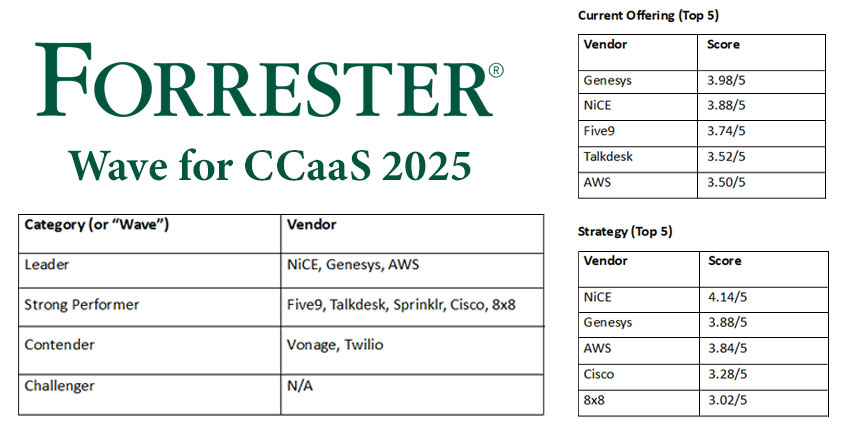Tech companies cut over 240,000 jobs in 2023, 50 percent more than the previous year.
The CX industry has not escaped this trend, with Pega, Talkdesk, and Twilio being just some of the vendors to have announced multiple rounds of layoffs during this time.
Private companies sometimes miss out on these difficult headlines, as they are not required to formally report their job cuts.
On the flip side, when layoffs emerge through the woodwork, they are often blown out of proportion.
That seems to have happened to CCaaS stalwart Genesys last week, with posts like the following garnering lots of attention – and having many fearing for their jobs.
However, Genesys has rushed to reassure staff that the cuts will impact less than one percent of the workforce and doubled down on its “strong” financial position.
One percent of its workforce represents approximately 60 employees.
A spokesperson for Genesys told CX Today: “Genesys remains invested in the success of our Genesys Cloud platform and focused on prioritizing resources to drive its growth.
To support that focus, Genesys has made a very small reduction in workforce limited to roles that are not in alignment with the company’s strategy, representing less than one percent of employees.
“With strong cloud business performance and financial position, Genesys is actively recruiting talent with the skill sets we need to drive momentum for Genesys Cloud in the future.”
Last quarter, Genesys recorded 50 percent year-over-year (YoY) growth, with its Cloud CX platform generating $1.3BN in annual recurring revenue (ARR).
That platform is now the primary focus of its investment, following the vendor’s decision to halt its legacy innovation and ditch its Multicloud CX platform in 2022.
Yet, in building out the CX Cloud platform – as its sole CCaaS solution – Genesys has increased its investment in adjacent areas. That includes journey orchestration – as its recent Radarr Technologies roll-up suggests.
Expect that – and AI – to be critical to Genesys’s go-forward strategy, which the vendor will mold its team around.
While that may mean cuts, it will bring new faces into the business. Indeed, there are 43 job adverts currently online to work for the firm, with positions ranging from marketing and sales to full-stack developers and software engineers.
Genesys and Its Position In the CCaaS Market
Genesys has perhaps grown used to often excessive speculation swirling its business. In 2022, this was loudest when some suggested Genesys would force legacy customers to CCaaS models.
Indeed, CEO Tony Bates even had to release a blog to confirm the vendor still supports its on-premise customers, pledging to do so until they’re ready to migrate.
Moreover, when that time comes, Genesys hopes that its switch to a single CCaaS platform will help remove uncertainty from the migration process.
The one CCaaS solution approach also allows the vendor to focus its investment and stay at the forefront of the market.
Indeed, Genesys is currently one of only two tech firms that generates $1BN in ARR for CCaaS, with NICE the other.
In addition, Genesys is a Gartner Magic Quadrant leader, sharing the top-right square with just three other vendors: AWS, Five9, and NICE.
Other analysts also position Genesys favorably, with Ventana Research recently labeling the firm as an “exemplary” vendor – suggesting it offers the best customer experience in the space.
That perhaps bodes well for Genesys, especially given the predictions of Steve Blood, VP & Analyst of the Gartner Sales & Customer Service Practice. Last year, he stated:
As it matures, the CCaaS market will emulate legacy premises – a few major providers and a long tail of smaller companies specializing in regions or verticals.
While there is still much maturing to do, Genesys is in pole position to be one of the major CCaaS providers of the future – and these cuts are part of its efforts to finetune its strategy to get there.
Of course, that comes as little consolation to those laid off. Yet, linking these workforce trims with some of the massive CX job cuts from the past 14 months seems unreasonable.







